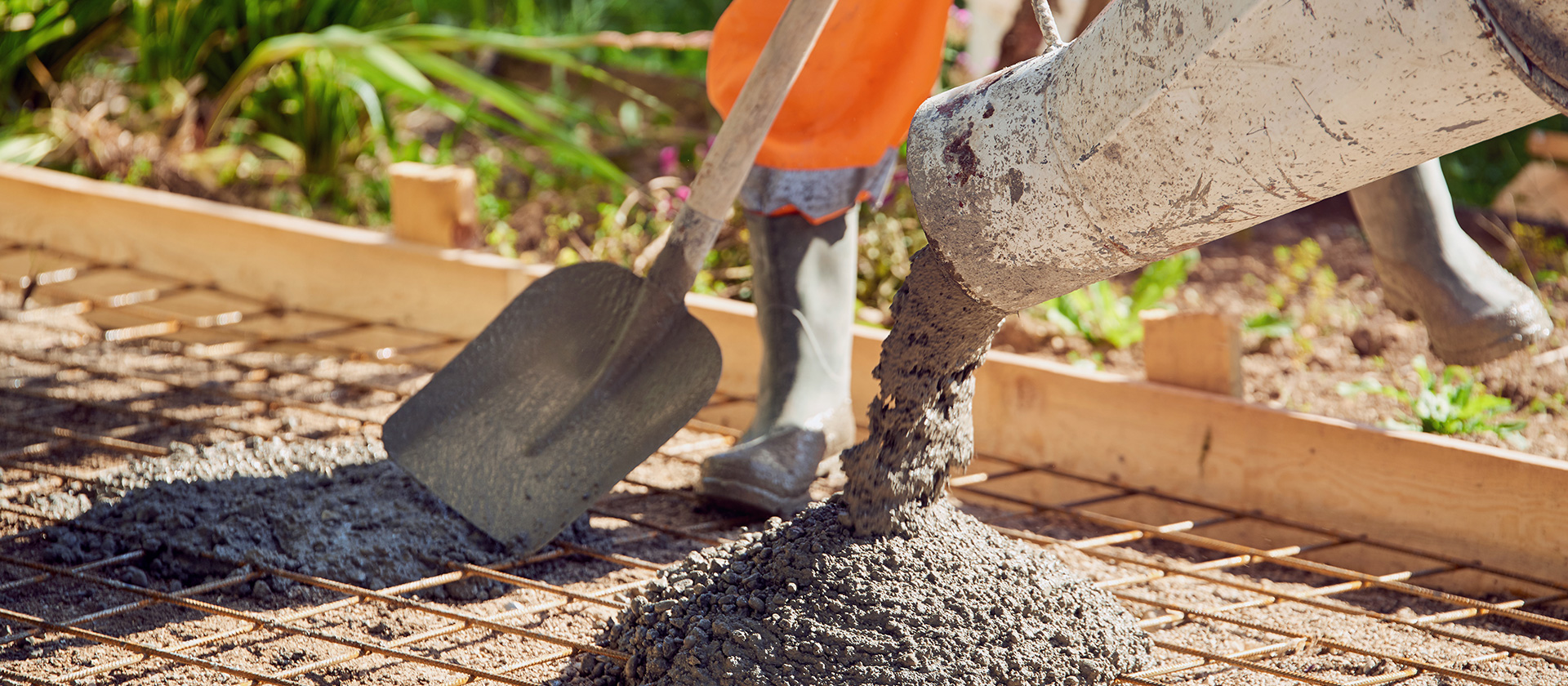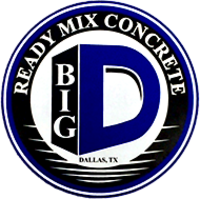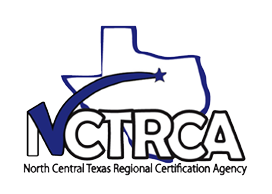How Do I Keep My Concrete Slab From Cracking?
Concrete cracks and we know it.
Even with the best design, construction, and maintenance, concrete floors lose their strength over time. It’s unrealistic to expect floors that are curl-free and crack-free.
In some cases, cracking may not adversely affect the floor’s structural integrity or its design adequacy. But it’s a headache for property owners to succumb to the deteriorating foundation of their sidewalks, driveways, patios or porches.

But there are several practical ways in which you can minimize the risks of concrete cracking. We’re going to discuss those options in this blog. Before that, here’s some vital information for your general knowledge.
Is it normal for the concrete slab to crack?
Upon noticing a crack in your concrete slab, the first assumption is how there would be a severe problem that needs immediate fixing. But, this isn’t always the case with concrete. Regular wear and tear is inevitable, and this leads to cracking and dullness.
However, there are times when cracks are troubling and result from underlying problems. In general, concrete cracks wider than the lengths or width of a credit card, running deep into the structure, indicate more severe problems.
But before hiring professional repair services, you must understand the reasons for the concrete slab to crack.
Why does concrete crack?
Concrete, as a construction material, is designed for compressive strength. When the internal tensile strength stresses are more significant than that of concrete, cracks may develop. That’s the basics!
However, it’s often difficult to determine the actual cause behind the cracking of particular concrete surfaces. But here are a few reasons that lead to deterioration:
- Excess water in the concrete mix
- Poor sub-grade
- Premature drying
- Improper pour
- Lacking control joints
- Unsettled foundation
- Water seepage
- Expansion
- Heaving
- Overloading
- Thermal movement
Regardless of the reason, professionals have the ability to assist commercial and residential property owners in repairing their concrete areas.
How to prevent cracks in concrete?
Concrete is a perennial favorite of DIYers as well as contractors. But only when it’s processed and poured correctly that it holds the look and strength, it’s supposed to. One mistake, and it’ll be risked to unsightly and significant cracking in just a few years. So fear not, we have simple, doable solutions for you. Just follow these pro tips, and you’ll end up with excellent results.
Base prep
The concrete slab will only be as good as the base it’s being poured on. If the base isn’t sturdy and compacted, it’s likely to be soft, moving, and lacking support. This will lead to cracking. The tip here is to start by preparing the foundation so the concrete can set adequately and not create a void after settling.
Not too much water
Water is essential to the concrete mix, but adding too much of it worsens the concrete’s consistency. There’s always an ideal water-to-cement ratio that helps produce uniformity. Too much water results in shrinkage cracks as the concrete cures. As an example, where concrete pumps are involved, and the operators are inexperienced, they may add extra water through the line, especially if it’s been held up for long. Plus, if there are significant delays and the concrete starts curing, cracks are bound to emerge.
Reducing wind exposure
One way that leads to quick drying of the concrete base is exposure to fast and violent winds, especially when it’s curing. So you must either block these winds with the help of barriers or use spray-on anti-evaporation products to ensure the base doesn’t come off quickly. This will also prevent the surface from cracking.
Proper curing
While concrete takes more than 20 days to cure, the first few days (at least 7 to 10 days) after pouring are the most critical. The biding agent of concrete i.e., cement, needs to retain moisture to gain its strength. So if the moisture evaporates gradually, you’re less likely to witness any cracks or early deterioration. Spray it with water every few hours in a day, and the project will be much more durable. Once the mix gets old, concrete has cured enough and won’t be affected by extreme temperature or pressure.
Reinforcement
Concrete is quite firm on its own. But you can enhance its intensity even more. How? By adding steel reinforcements before pouring the ready mix concrete. It isn’t complicated, rather a vital step to advance the slab’s strength while reducing any cracks.
Adding control joints
These are necessary for the slab to not be affected by the movement of soil beneath or shrinkage. So intentionally creating weak spots, about a quarter depth of the slab will rarely form any future cracks in these areas.
Remember, if a crack develops on your concrete surface, not everything’s lost! You can quickly and confidently get the cracks repaired.
Need quality concrete mix & further assistance? Contact us!
We can’t stress on the significance of having a superior quality mix in concrete crack controlling. At Big D Ready Mix Concrete, we specialize in just this! You can talk to our experts, and they’ll guide you better on how to go about the crack healing process.
Remember, even if a crack sprouts on your concrete surface, not everything’s lost! You can easily and confidently get the cracks repaired.
With over 15 years of industry experience, we’ve been addressing the residential and commercial concrete delivery needs of people in Dallas and around. We offer the finest and most extensive concrete solutions.
For any specific questions or service advice, we’re easily reachable at (972) 737-7976. If you’re certain about your requirements, get a free quote here.
Looking for the best ready mix concrete supplier in Dallas, TX?
Big D Ready Mix Concrete offers you high-quality concrete products and excellent service!
Sister Companies


Our Certifications

Small Business Enterprise
Women Business Enterprise
Disadvantaged Business Enterprise
About Us
Big D Ready Mix Concrete has been serving clients in the Dallas, TX area since 2002, with over 400 utility mixes, high-strength wall mixes, exposed aggregate mixes, flexural strength mixes, stamp concrete mixes, flowable fill mixes, grout mixes, and trailer pump mixes.
Contact Information
10361 Bickham Rd
Dallas, TX 75220
(972) 737-7976
Email Us
Monday-Saturday 5am to 6pm
Dispatch Hours: Project Dependent